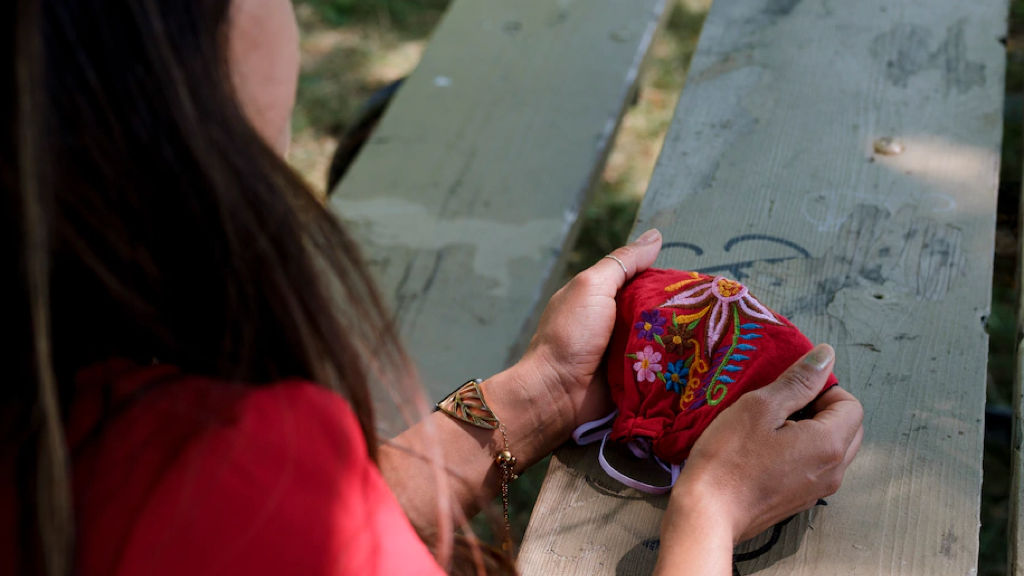Just three weeks ago, the U.S. reached 5 million coronavirus cases, and on Sunday, we topped over 6 million. Many of these new hot spots are near big universities, where coronavirus is spreading fast.
Still, Latinos are disproportionately hit. In the past month, Latinos accounted for approximately 35% of people infected, and 19% of fatalities. This week’s “5 Essential Updates” for our gente includes how Latino health workers are being affected by non-stop work, the link between segregated parks and COVID-19, and alternative Día de Muertos celebrations.
1. Increased burden on Latino doctors — Even before the virus started, a report found almost half of doctors felt burnt-out, and experts fear this rate will go up because of the strain healthcare workers are facing. Dinora Chinchilla is a doctor in Los Angeles where coronavirus has killed more than 5,000 people. She’s proud to serve her community, but says it “comes with a big burden.”
2. COVID-19 outbreaks in parks— Across the country, experts have linked COVID-19 outbreaks to park quality, showing us yet another reason why coronavirus is disproportionately worse for our communities. Public parks that are in communities with majority people of color are half the size and serve five times more people per acre than those of white communities.
3. “COVID toes” discrimination — One side effect of coronavirus is “COVID toes”, which manifests as blisters on feet. As doctors began to catalog photos of skin issues that come with COVID-19, examples of darker shades of skin were left out. Of over 700 images, only 34 disorders from Latinos and 13 disorders from Black patients were submitted.
4. Farmworkers receive Heroes Award — Throughout the pandemic, farmworkers have been at exponential risk harvesting food, many under smokey skies, without proper protective equipment, and often without receiving stimulus checks. These workers will be honored with the Hispanic Heritage Foundation’s Heroes Award for their service, and we hope the award is followed with policy that supports their contributions.
5. Día de Muertos and COVID-19 — This year’s Day of The Dead celebrations will be different than usual, and many community centers are already planning alternative events. This includes one digital celebration in Longmont, Colorado, a virtual month-long ofrenda in Fort Lauderdale, and in Austin, Texas, there’s an altar made to honor those who have passed away from COVID-19.




